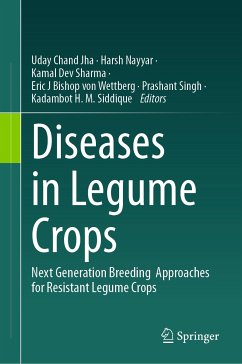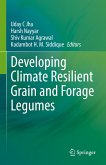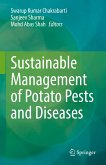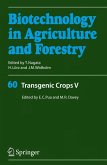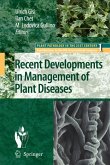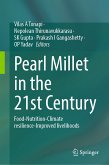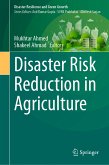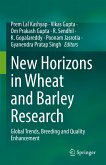Grain legumes are versatile nutritionally rich crops, and are one of the important components of global food security. However, grain legumes are severely challenged by various major and emerging minor diseases causing serious limitations in grain yield and production. Thus, to minimize the negative impact of the growing yield loss caused by these diseases, several approaches have been developed and embraced. This book covers all the latest development in genetics, breeding, genomics, and molecular biology tools for combating various major and minor emerging diseases in all the grain legumes from expert authors. Chapters in this title contain all the relevant illustrations and statistical data detailing the present scenario and identifying the gap for meeting the future demand for sustaining global protein security by developing disease-resistant cultivars.
This book is of interest to graduate and postgraduate students, researchers, and policymakers to understand the impacts of various diseases on yield loss in legume crops.
Dieser Download kann aus rechtlichen Gründen nur mit Rechnungsadresse in A, B, BG, CY, CZ, D, DK, EW, E, FIN, F, GR, HR, H, IRL, I, LT, L, LR, M, NL, PL, P, R, S, SLO, SK ausgeliefert werden.

